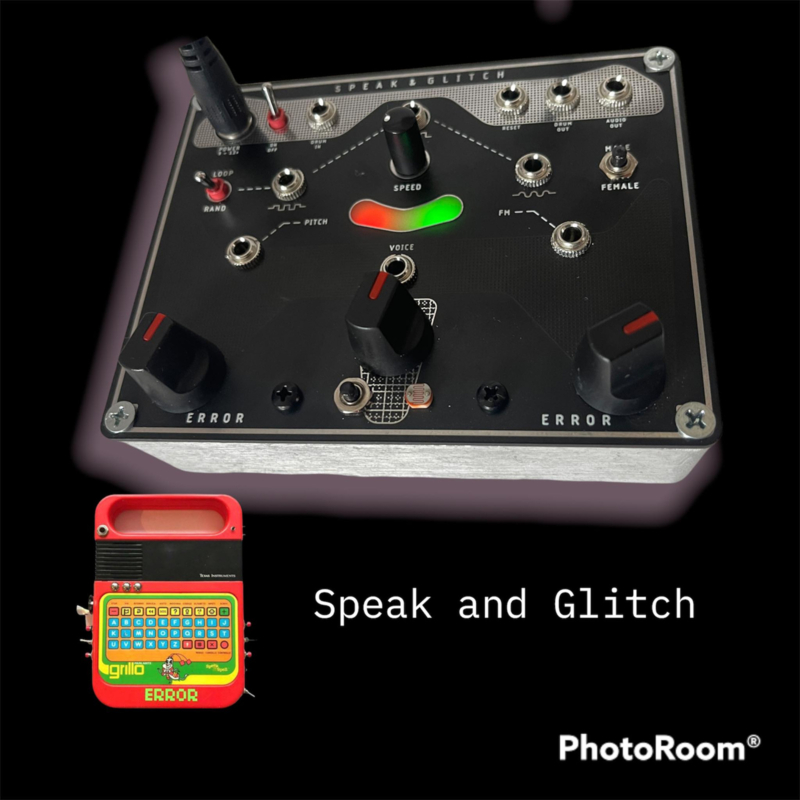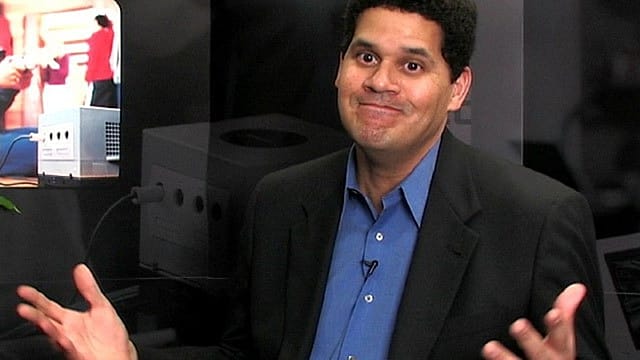

It’s where they learn the soft skills that employers tell us are just as important as the hard skills. That may be a slightly unfashionable view in this day and age, where we look for everything to be quantified in terms of return on investment (ROI), but there is something special about one’s time in higher education, something of which the time spent in the lecture or the lab or the tutorial is only a part.įor the majority of students, university is the bridge between secondary school and working life. Ultimately, purely online courses are unlikely to supplant real-world universities because sporadic online interaction will never be able to match the deep, rich experience of attending university in person.

Ultimately, I’m sceptical that the administrations of those universities would be willing to dilute their premium brands by offering a degree to anyone with a broadband connection. There is also the fact that Princeton, Stanford and many of the other universities involved in the MOOCs have spent decades building up the cachet of the courses they offer. But to cover the costs of that, they intend to start charging fees, which is a significant change to their business model. The MOOCs need to figure out how to ascertain that the work they’re marking was done by the student whose name is on the test.Ĭoursera have announced that they will begin accrediting, using webcams to ensure students don’t cheat. It’s about being able to prove it.Įmployers look to the type of degree, the reputation of the institution that issued it and the marks a student received as shorthand for that student’s ability. A university education has never just been about acquiring knowledge. The problems with assessment point to a larger problem: accreditation. It remains to be seen whether the model can be extended to softer subject areas, like, say, politics, philosophy or the social sciences. They work very well for subjects like maths, which have objectively right and wrong answers, and can therefore be pretty easily marked by computers. The other major problem the MOOCs haven’t solved is assessment. I invite anyone who thinks otherwise to go under the knife of a surgeon who learnt everything they know from YouTube videos. In those fields, there will always need to be some sort of bricks and mortar institution to provide access and instruction.
Medicine, chemistry, fine art, engineering – all of these subjects require infrastructure, machinery or equipment that is beyond the means of an individual student. Flawed thinkingįor a start, many of the disciplines universities offer have a practical as well as a theoretical component. But there are still a few issues that the MOOCs haven’t solved, and I’m not certain they’re going to be able to do so without significantly revising their model.


 0 kommentar(er)
0 kommentar(er)
